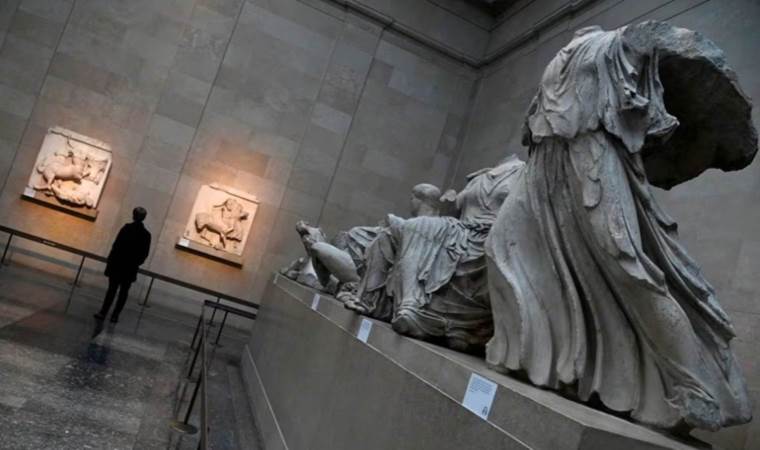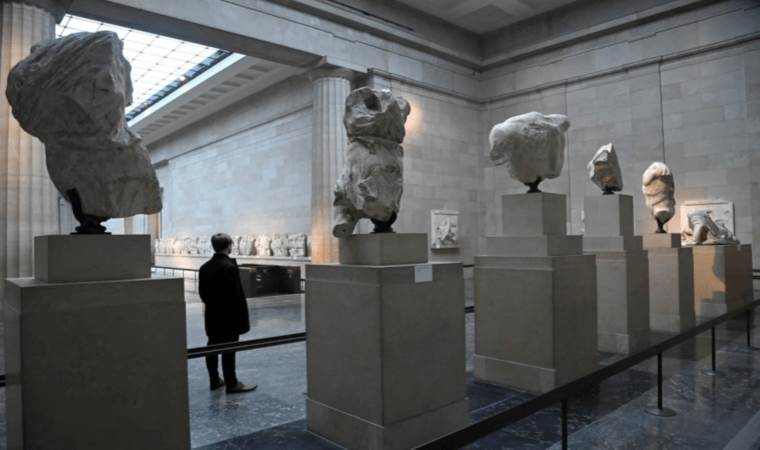Sunak cancels meeting with Greek PM over Parthenon sculptures row
British Prime Minister Rishi Sunak cancelled a scheduled meeting with his Greek counterpart, Kyriakos Mitsotakis, in London on Tuesday. The cancellation, announced just hours before the meeting, was attributed to a longstanding dispute over the Parthenon Sculptures.

Greek Prime Minister Mitsotakis expressed his disappointment, stating, "I express my annoyance that the British Prime Minister cancelled our planned meeting just hours before it was due to take place." He had hoped to discuss Greece's well-known position on the sculptures with Sunak, emphasizing the importance of confronting arguments for those confident in their stance.
The root of the disagreement lies in the 2,500-year-old Parthenon Sculptures, currently housed in the British Museum. These artifacts were removed from the Parthenon temple by Lord Elgin, a British diplomat, in the early 19th century during his tenure as ambassador to the Ottoman Empire. Greece has repeatedly demanded their return, viewing them as a vital part of their cultural heritage. Recent discussions between the Greek government and British Museum chair George Osborne have centered around a possible loan deal for the sculptures, but progress has been slow, as lamented by Mitsotakis in a recent BBC interview.
The British government has taken a firm stance on the issue, with a government official citing the row over the sculptures as the reason for cancelling the meeting. Sunak's office, while acknowledging the importance of the UK's relationship with Greece, made it clear that there are no plans to return the sculptures. They instead offered Deputy Prime Minister Oliver Dowden to meet with Mitsotakis. The British government maintains that the marbles were legally acquired and are legally held, citing a law that prevents the British Museum from permanently removing objects from its collection, though it does allow for loans.
Despite the cancellation with Sunak, Mitsotakis's scheduled meeting with British opposition leader Keir Starmer proceeded on Monday. Starmer, according to a recent Financial Times report, would not oppose a "mutually acceptable" loan agreement for the sculptures, a stance that contrasts with the current British government's position. However, the Labour Party has declined to comment on this matter.

